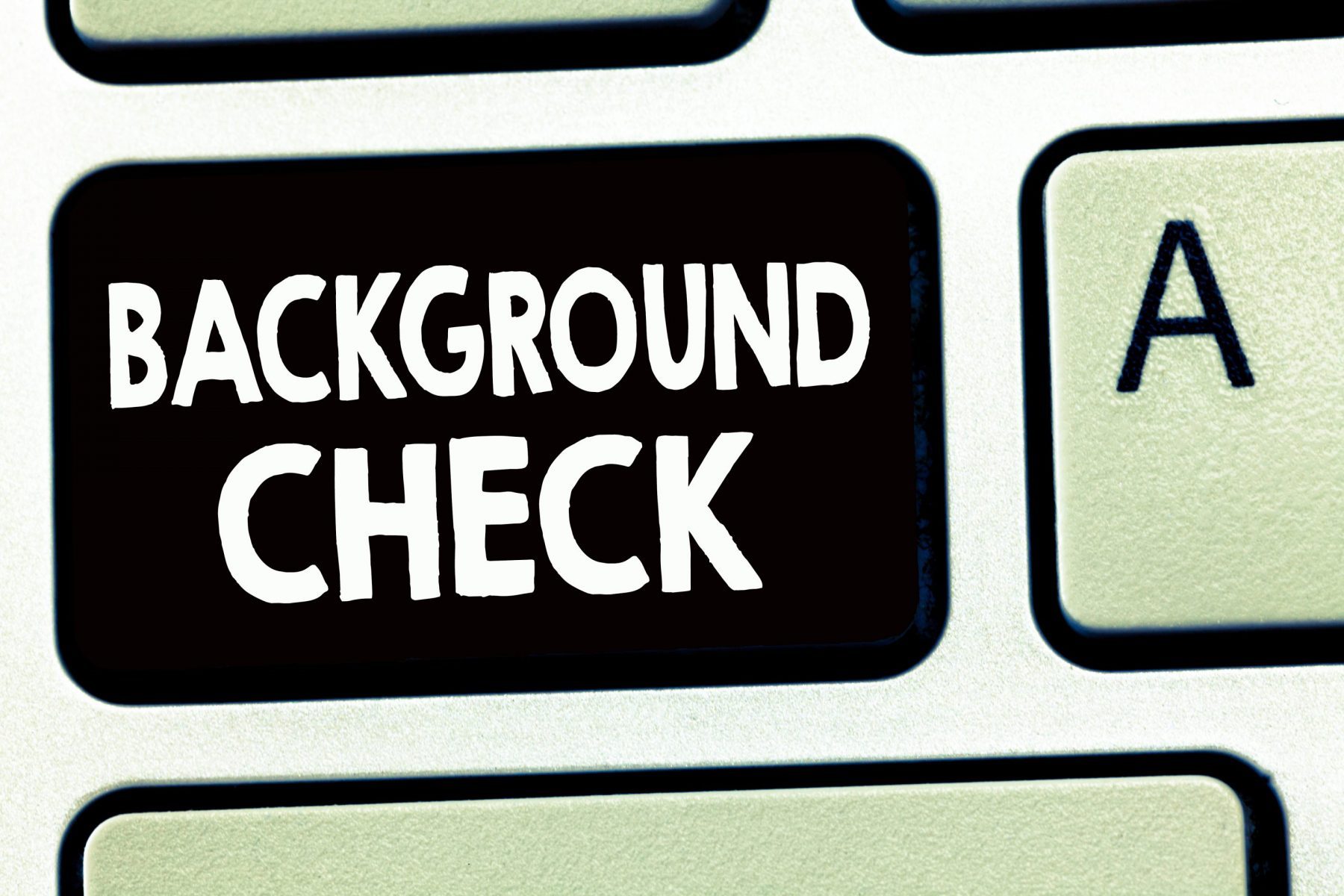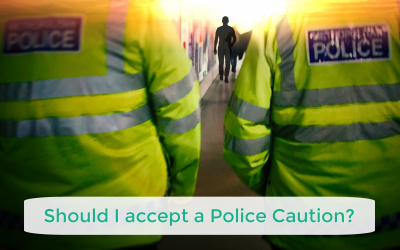New Disclosure rules for Youth Cautions, Warnings and Reprimands
The government has presented changed to the law so that all youth cautions, warnings and reprimands will become immediately filtered from an enhanced and standard DBS check.

Youth Cautions, Warnings and Reprimands
Youth Cautions, Warnings and Reprimands
The Supreme ruled in 2019 that it was a “category error” to disclose youth warnings, reprimands and cautions on standard and enhanced DBS certificates.
As a result of this ruling the Government recently proposed legislation to amend the rules so that all youth cautions, warnings and reprimands would be automatically filtered from standard and enhanced DBS checks.
Previously if a youth caution had been issued for an offence that appeared on the DBS’s list of “unfilterable offences”, then the youth caution would always be disclosed.
With the change all youth cautions, reprimands and warnings for unfilterable offences will now become automatically “protected” and will be filtered from a DBS certificate.
Will my Youth Caution completely disappear?
A youth caution (and warning and reprimand) will not automatically be disclosed on a standard and enhanced DBS certificate, however the police have very broad powers of disclosure when it comes to Enhanced DBS checks.
The police can continue to disclosure “relevant information” where they feel it is appropriate and necessary. It is possible that for youth cautions issued for more serious offences, particularly where they involve violence or sexual offending, the police will continue to disclose information related to the caution.
Enhanced DBS Checks and Youth Cautions
Youth cautions have in the past been issued for relatively serious offences, such as sexual assault, ABH, GBH, and the possession of indecent images of children, and it is quite possible, particularly for older youth offenders, that the police will feel under pressure to make disclosures for such cases. Given the changes, it is possible in future that the police will no longer choose to issue youth cautions for more serious offending, and prefer to charge instead. At present there is no express guidance on when filtered youth cautions should be disclosed on an enhanced DBS check, and so it is impossible to say how the police will implement these changes on a practical level.
ACRO Police Certficate and Youth Cautions
A youth caution will also continue to be retained on the Police National Computer (PNC) and so it will, under current ACRO guidelines, continue to be disclosed on an ACRO Police Certificate. A Police Certificate is typically required for immigration purposes. A Youth Caution will continue to be disclosed for 10 or 5 years, depending on the offence, and after the step-down period will reveal a “no live trace” record. If someone has never had a caution or conviction their certificate will state “No Trace”. A “No Live Trace” record will typically precipitate a full enquiry by a foreign nation into an individual’s background.
If you have any questions about a youth caution, warning or reprimand, then please get in touch. We are the leading legal practice dedicated to helping people with criminal records.
We have extensive experience in applying for the deletion of police records, challenging DBS certificates and barring proceedings, and also contesting disciplinary proceedings, usually stemming from criminal allegations, issued by a wide range of regulatory bodies.
In most cases we can offer fixed fees.
Contact Us
Related Articles
Related
Can Local Police Records be Deleted?
In the recent High Court judgment of AB v Chief Constable of British Transport Police [2022] the court ordered the deletion of locally retained police records.Can Local Police Records be Deleted?Can Local Police Records be Deleted?In the recent High Court judgment of...
US Immigration and Cannabis Criminal Records
If you have a criminal record for possession of cannabis (marijuana) then will you be deemed inadmissible for a migrant or a non-migrant visa. This article looks at what can be done when someone has a criminal record for possession of drugs, and in particular...
Should I Accept a Police Caution?
Should I accept a police caution? We are often asked by clients whether they should accept a police caution.Should I accept a police caution?Should I accept a police caution?We are often asked by clients whether they should accept a police caution. Whether to accept a...
Can Local Police Records be Deleted?
In the recent High Court judgment of AB v Chief Constable of British Transport Police [2022] the court ordered the deletion of locally retained police records.Can Local Police Records be Deleted?Can Local Police Records be Deleted?In the recent High Court judgment of...
US Immigration and Cannabis Criminal Records
If you have a criminal record for possession of cannabis (marijuana) then will you be deemed inadmissible for a migrant or a non-migrant visa. This article looks at what can be done when someone has a criminal record for possession of drugs, and in particular...
Should I Accept a Police Caution?
Should I accept a police caution? We are often asked by clients whether they should accept a police caution.Should I accept a police caution?Should I accept a police caution?We are often asked by clients whether they should accept a police caution. Whether to accept a...
Police Caution Removal Solicitor
If you have received a police caution, we are experts in police caution removal.Police Caution Removal SolicitorPolice Caution Removal SolicitorIf you have received a police caution, we are experts in police caution removal. We are a dedicated legal practice focusing...

Head Office
Legisia Legal Services
The North Colchester Business Centre
340 The Crescent
Colchester
Essex, CO4 9AD
Cases are conducted nationwide & internationally
Additional consultation Address (Not Postal)
50 Liverpool Street
London EC2M 7PY




